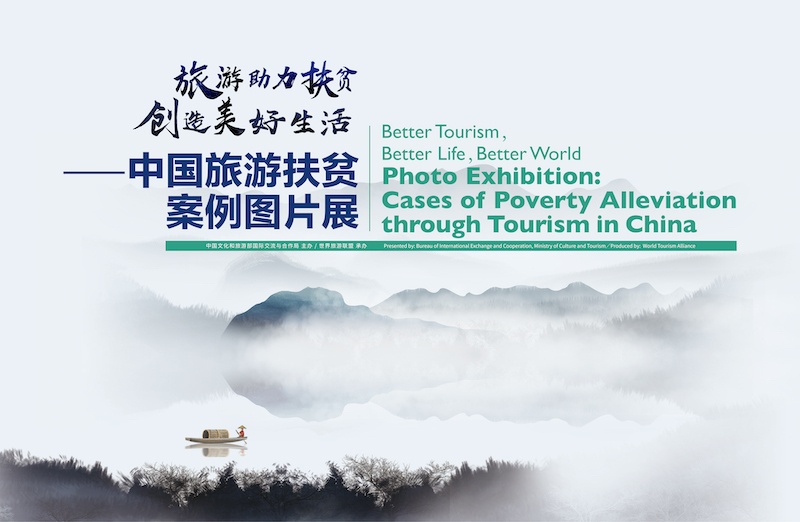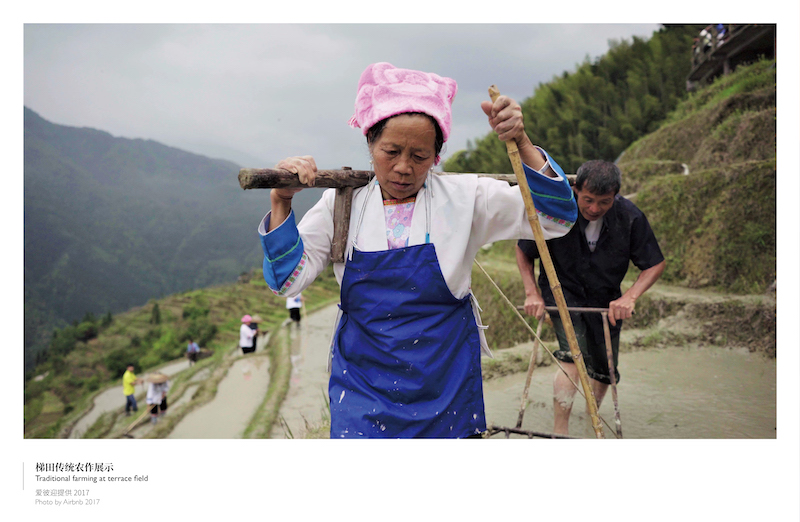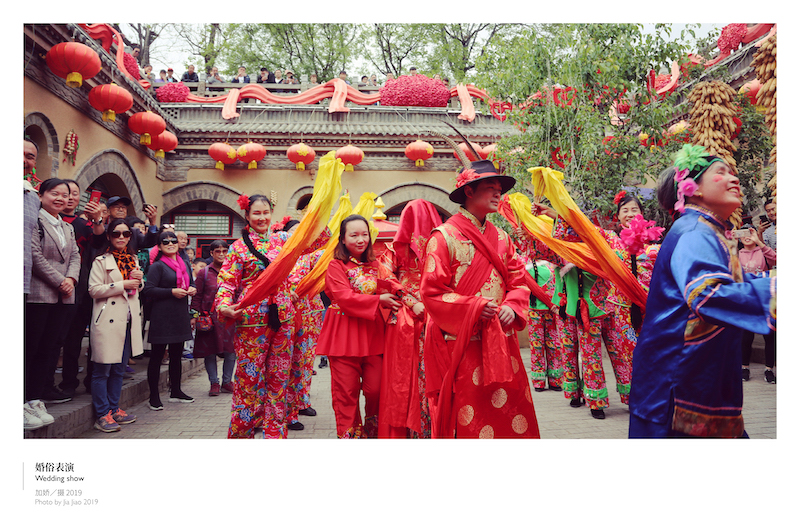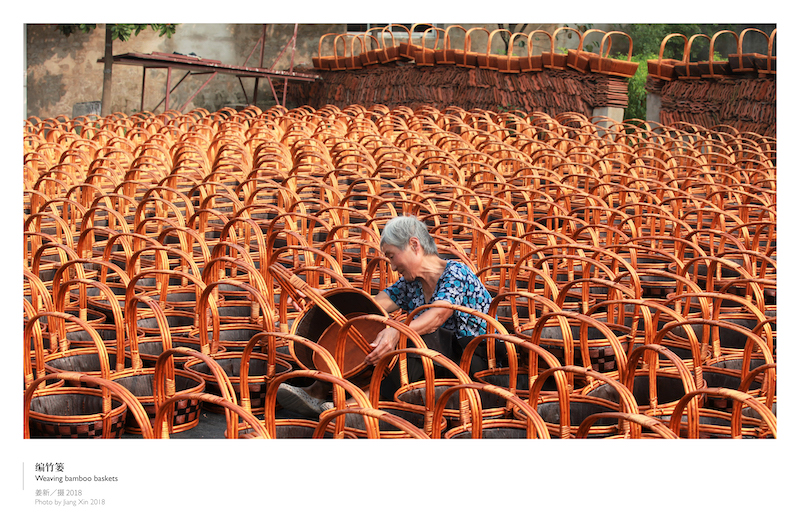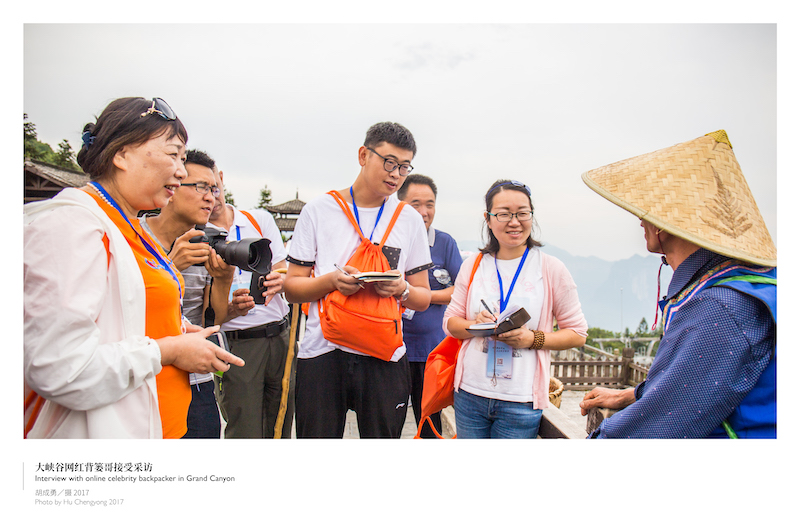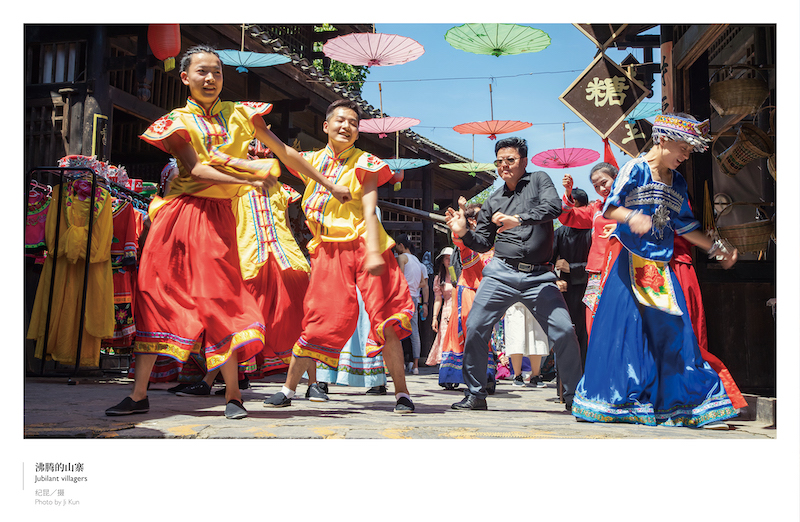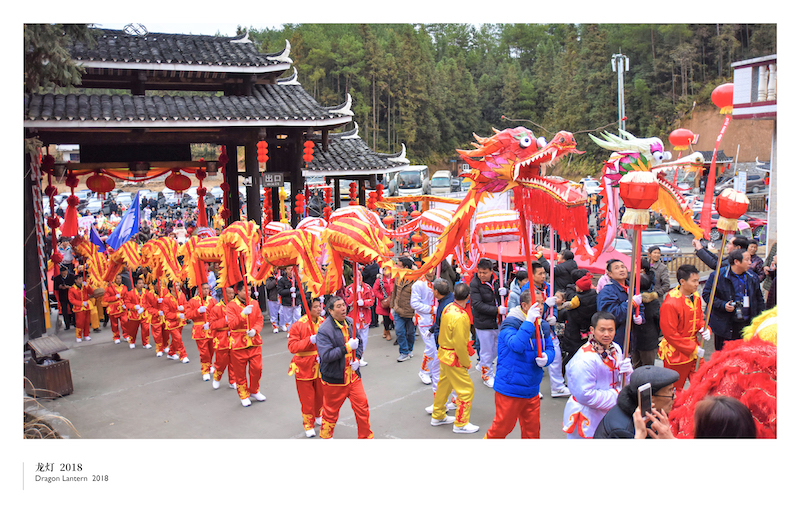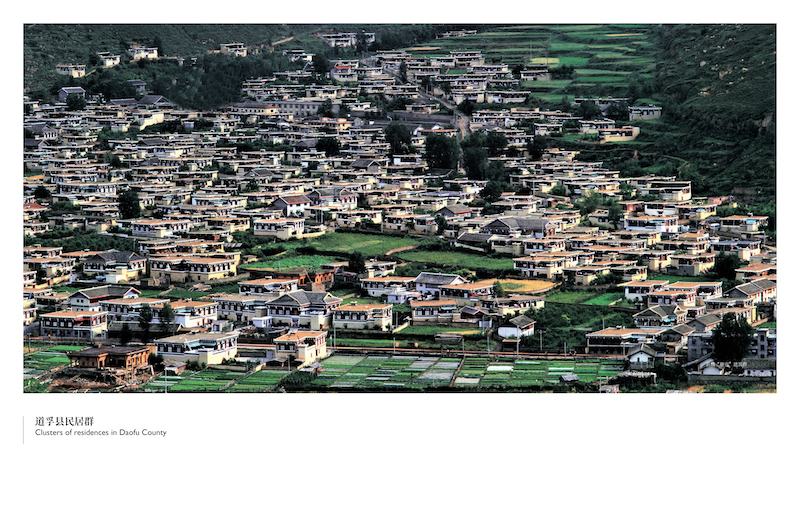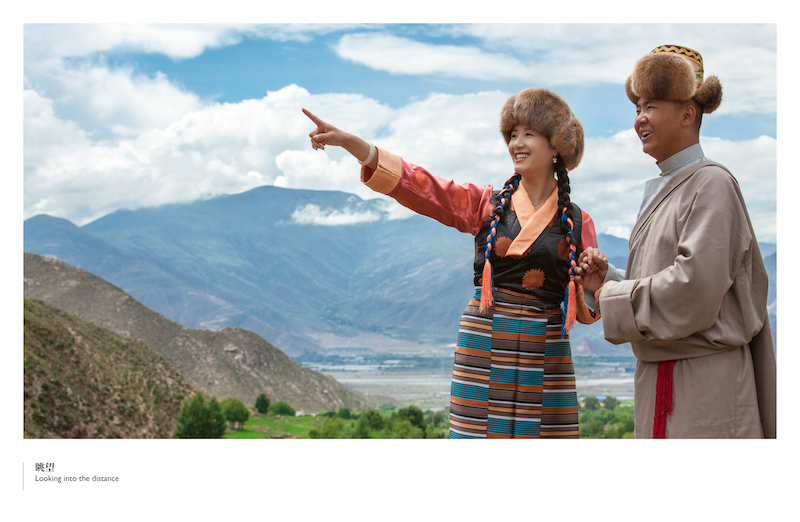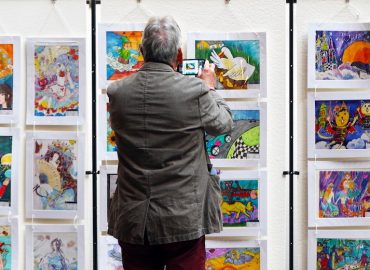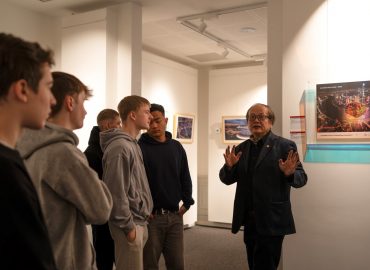(ENG) Poverty alleviation is one of the most concerned issues of the international community. The primary goal set forth by the UN 2030 Agenda for Sustainable Development is to “eradicate all forms of poverty around the world”. A strong driver in promoting the sustainable economic and social development of poverty-stricken areas, the rapid development of tourism in recent years provides a path of poverty alleviation for many poverty-stricken areas and impoverished people. Poverty alleviation through tourism has become a key area of poverty alleviation around the world.
(DAN) Fattigdomsbekæmpelse er et af de mest bekymrede spørgsmål i det internationale samfund. Det primære mål i FN’s 2030-dagsorden for bæredygtig udvikling er at ”afskaffe alle former for fattigdom i hele verden”. En stærk drivkraft i at fremme en bæredygtig økonomisk og social udvikling i fattigdomsramte områder. Den hurtige udvikling af turismen i de senere år giver en vej til fattigdomsbekæmpelse for mange fattige områder og fattige mennesker. Fattigdomsbekæmpelse gennem turisme er blevet et centralt område for fattigdomsbekæmpelse rundt om i verden.
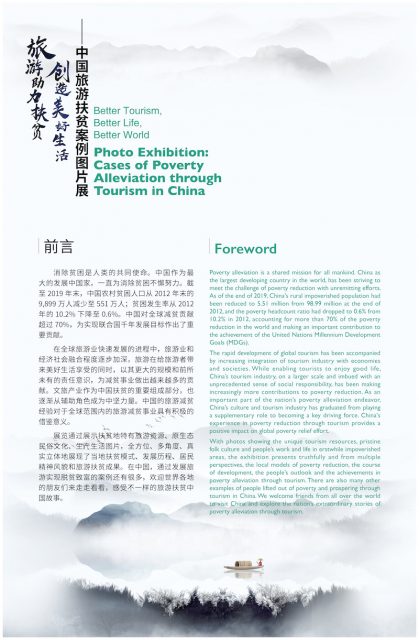
(ENG) With the rapid development of the global tourism industry and the closer integration of the tourism industry with the economy and society, tourism not only brings tourists a better life, but also makes growing contribution to the global campaign against poverty on a larger scale and with an unprecedented sense of responsibility. Given its comprehensive coverage, tourism is closely linked with both the primary, secondary and tertiary industries. It is shifting from a supporting role to a key driving force in the economic and social development of poor rural areas, and playing a significant role in the global cause of poverty reduction.
(DAN) Med den hurtige udvikling af den globale turistindustri og den tættere integration af turistindustrien med økonomien og samfundet giver turisme ikke kun turister et bedre liv, men yder også et voksende bidrag til den globale kampagne mod fattigdom i et større perspektiv og med en hidtil uset ansvarsfølelse. På grund af sin omfattende dækning er turisme tæt forbundet med både den primære, sekundære og tertiære industri. Det skifter fra en understøttende rolle til en vigtig drivkraft i den økonomiske og sociale udvikling i fattige landdistrikter og spiller en væsentlig rolle i den globale anledning til fattigdomsbekæmpelse.
(ENG) Over recent years, tourism has become one of the fastest-growing and largest industries in world economy. Characterized by fast effects, low employment threshold and wide industrial relevancy, tourism is referred to as an important means of boosting economic growth and alleviating poverty. Tourism is advancing from margin to center and has transformed from a supporting role into a key driver in economic and social development in poverty-stricken areas. Meanwhile, poverty reduction has become an important mission and good vision of tourism development.
(DAN) I de senere år er turisme blevet en af de hurtigst voksende og største industrier i verdensøkonomien. Karakteriseret ved hurtige effekter, lav beskæftigelsestærskel og bred industriel relevans, er turisme nævnt som et vigtigt middel til at øge økonomisk vækst og afhjælpe fattigdom. Turisme bevæger sig fra margen til centrum og har forvandlet sig fra en understøttende rolle til en nøgledriver i økonomisk og social udvikling i fattigdomsramte områder. I mellemtiden er fattigdomsbekæmpelse blevet en vigtig mission og en god vision for turismens udvikling.
(ENG) Together with the World Bank and IPRCC, WTA will once again release the 2020 WTA Best Practice in Poverty Alleviation through Tourism, in a hope to leverage their demonstration effects by communicating with international community. Cases of poverty alleviation through tourism were collected from multiple channels, including international organizations, WTA’s global members, the Ministry of Culture and Tourism of the People’s Republic of China, the Poverty Alleviation Office of the State Council and provincial tourism departments. A total of 41 excellent cases were finally selected upon review by the expert group based on 5 criteria: quantifiable result, innovation, replicable, positive social impact and sustainability. By the end of 2020, the WTA Best Practice in Poverty Alleviation through Tourism has collected a total of 100 cases over the past three years.
(DAN) Sammen med Verdensbanken og IPRCC vil WTA igen frigive WTA’s bedste praksis for fattigdomsbekæmpelse i 2020 gennem turisme i et håb om at udnytte deres demonstrationsdrivende effekter ved at kommunikere med det internationale samfund. Tilfælde af fattigdomsbekæmpelse gennem turisme blev indsamlet fra flere steder, herunder internationale organisationer, WTA’s globale medlemmer, det kinesiske ministerium for kultur og turisme, fattigdomsbekæmpelseskontoret for statsrådet og provinsielle turistafdelinger. I alt 41 fremragende tilfælde blev endelig udvalgt efter gennemgang af ekspertgruppen baseret på 5 kriterier: kvantificerbart resultat, innovation, reproducerbarhed, positiv social indvirkning og bæredygtighed. Ved udgangen af 2020 har WTA’s bedste praksis inden for fattigdomsbekæmpelse gennem turisme samlet i alt 100 tilfælde i løbet af de sidste tre år.
(ENG) Today, the China Cultural Center in Copenhagen launches “Better Tourism, Better Life, Better World – Photo Exhibition: Cases of Poverty Alleviation through Tourism in China”. This exhibition presents truthfully and from multiple perspectives, the local models of poverty reduction, the course of development, the people’s outlook and the achievements in poverty alleviation through tourism in China.
(DAN) I dag lancerer Det Kinesiske Kulturcenter i København “Bedre Turisme, Bedre Liv, Bedre Verden – Fotoudstilling: Cases om Fattigdomsbekæmpelse gennem Turisme i Kina”. Denne udstilling præsenterer sandfærdigt og fra flere perspektiver de lokale modeller for fattigdomsbekæmpelse, udviklingsforløbet, folks udsigter og resultaterne i fattigdomsbekæmpelse gennem turisme i Kina.

